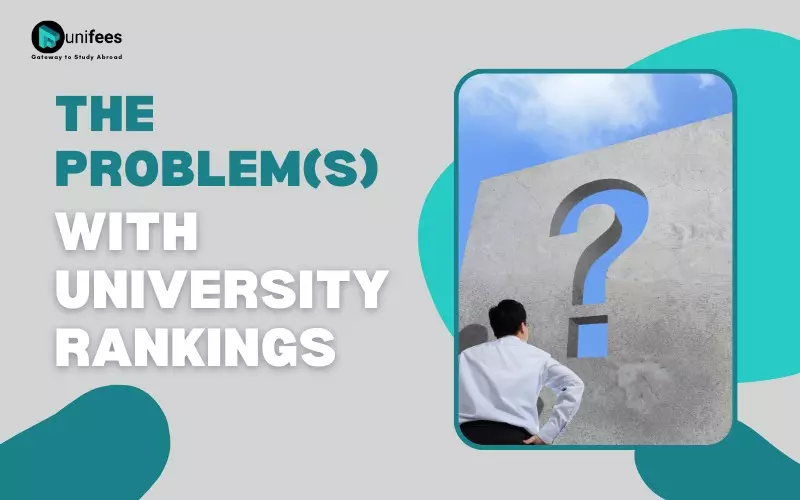
At the time of writing this article, Harvard was ranked number 1 by ARWU, Oxford was ranked number 1 by Times Higher Education and MIT was ranked number 1 by QS. Caltech, however, was ranked number 2 by THE, 9 by ARWU and 6 by QS! Universities do not have a consistent ranking across different rankers and this is the first problem with rankings. Each ranker has its own set of criteria and applies each criterion differently.
Imagine a scenario in which the same university was ranked number one by each of the rankers mentioned above. Does this mean that this university is the best at ‘everything’? Does this also mean that this university is the best fit for every student? The answer to this question is a resounding ‘no’! It is not possible for a university to be the best at everything and neither will any university be a perfect fit for every student. Rankings do not indicate the most important thing for a student; the student-university fit. Several questions should be asked by the student here. Does a potential university have a learning environment that will bring about the best in you? Outside the classroom, does a potential university have the extra-curricular activities that you are interested in? Is the location of the university one that you will be comfortable in?
Yet another problem with rankings is that differences between ranked universities are not always obvious. Consider two universities- one is ranked number 1 in the world and the other is ranked number 30. Does that mean that there is a vast gulf between these 2 schools in any key indicator? Often the differences are minute.
University rankings are formulated by using several criteria. Chiefly among them are the following:
- Academic Standing
- Alumni achievement
- Graduation rates
- Diversity in students and faculty
- Citations and papers published
- Standing among employers
- Mean graduate income
- Average class sizes
- Funding offered to students
However, there is no ranking that uses all the criteria mentioned in the list above. This means that some rankings are more useful to students than others. This also means that students, instead of looking at just rankings, should look at what criteria each ranker employs and then decide the utility of a ranking.
The biggest problem with rankings is that there are some things that just cannot be measured. What you will really learn (not your grades) is abstract and unmeasurable. How you will connect with teachers and peers, and how much emotional support you will get as a student are the most important things for students, but are, simply stated, not quantifiable or measurable.
Some critics of rankings say that rankings are little more than a popularity contest. I would not go as far as to say the same but my conclusion is that ranking is just one of the factors you should consider when evaluating a potential school. To base your decision solely on rankings and ‘prestige’ would be to fall into a common trap; getting a prestigious education but not one that you really want.
